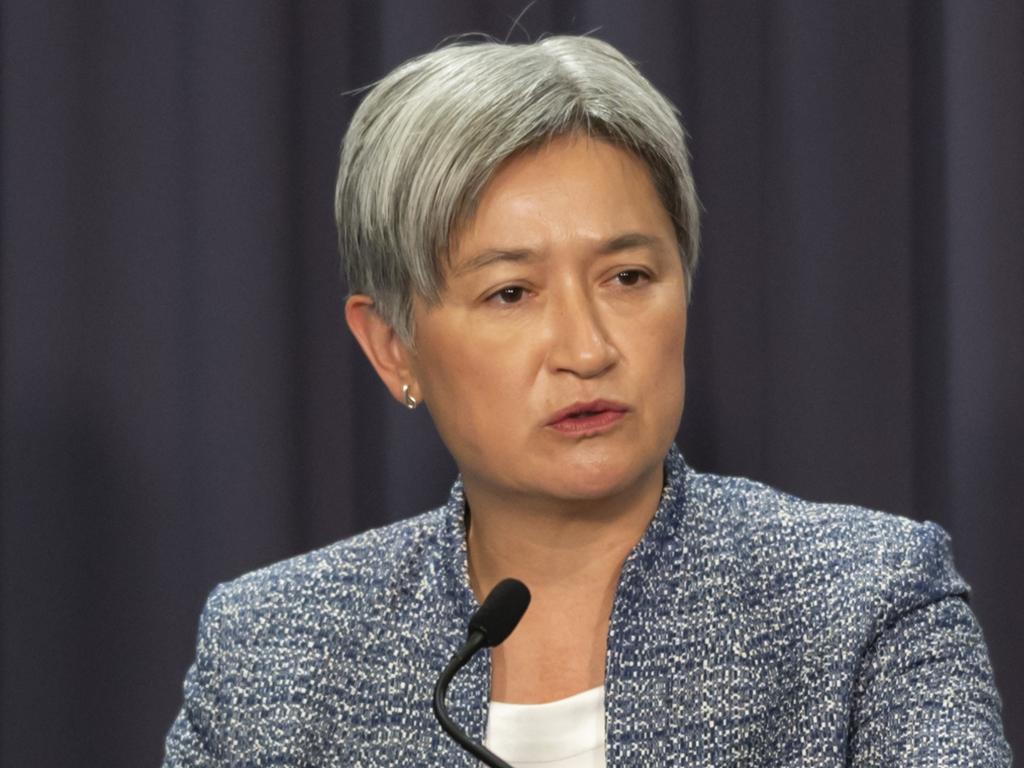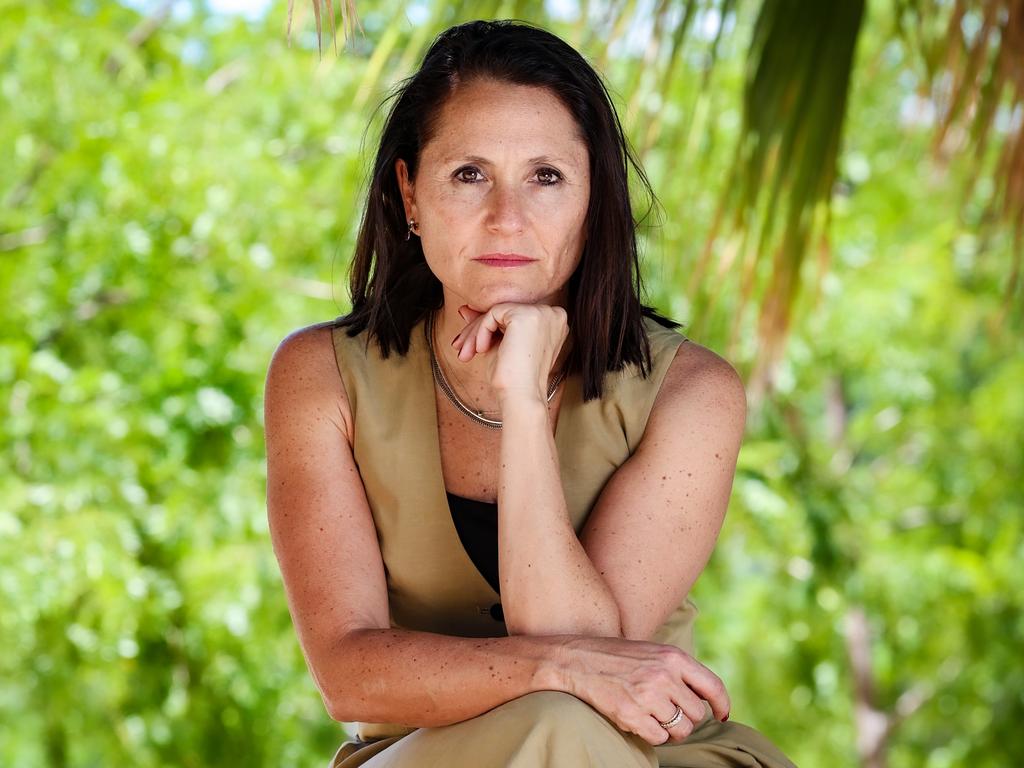Why the West should support UNRWA

The UN secretary-general has appointed an independent review, headed by a former French foreign minister, to determine whether UNRWA “is doing everything within its power to ensure neutrality”. If that review finds systemic failures, then UNRWA should be further reformed.
But rather than waiting for the final report, expected in late April, Australia should resume funding until and unless those failures are demonstrated. The humanitarian crisis in Gaza is intensifying daily and UNRWA remains the most capable humanitarian organisation on the ground. UNRWA also will play a crucial role in post-war reconstruction and development.
Hamas’s violent takeover of Gaza in 2007 created a wicked problem for Western donors: how to aid the ordinary people of Gaza without helping Hamas?
It was possible initially to keep channelling support through the Palestinian Authority. Although the PA was confined to the West Bank it remained the largest employer in Gaza. But as intra-Palestinian division grew and Hamas added its people to the payroll, the PA cut spending in Gaza
At the same time, it became harder to bypass Hamas by transferring funds directly to individual bank accounts in Gaza. International banks became leery of doing business in Gaza; the benefits were outweighed by the risk of inadvertently transacting with a proscribed organisation.
So, Qatar stepped in. By the time of the 2021 conflict, Qatar reportedly had transferred more than $1.5bn to Gaza. A Qatari envoy travelled through Israel and the West Bank with suitcases full of cash. As far as can be determined, the funds were used mostly for electricity and salaries, including those of Hamas fighters.
Israel supported this arrangement. That decision now is seen as foolhardy at best or, at worst, part of a conspiracy to empower Hamas (and so extinguish the possibility of a two-state solution).
Yet Israel’s facilitation of Qatari funding for Gaza can be understood more simply as a pragmatic acceptance of Israel’s lack of good options. Either way, Israel is unlikely to allow Qatari funding for Gaza to resume.
That leaves UNRWA. The question is: how much independence can UNRWA maintain in Hamas-dominated Gaza?
UNRWA employs more than 13,000 people in Gaza to provide health and education services to almost 80 per cent of the population. Given Hamas’s comprehensive fooling of Israeli intelligence before October 7, it would not be surprising if UNRWA were similarly deceived.
It’s not realistic to expect that UNRWA’s operations in Gaza can be entirely insulated from Hamas but that doesn’t mean UNRWA lacks autonomy. On the contrary, UNRWA’s long history, institutional heft and symbolic role have given it a special status among Palestinians. UNRWA is seen as the guardian of Palestinian refugees’ “right of return”. That role is at the core of Israeli hostility to UNRWA but it underscores UNRWA’s local legitimacy.
UNRWA has drawn on this position to stand up to Hamas, most recently by summarily dismissing staff accused of participating in the October 7 atrocities before the wider world was alerted to the charges.
Similarly, after the 2008-09 Gaza war UNRWA halted distribution of aid until Hamas agreed to desist from looting UNRWA warehouses. Hamas backed down because it recognised that most Gazans supported UNRWA.

Although Israeli Prime Minister Benjamin Netanyahu has called for UNRWA’s abolition, pragmatic Israeli officials who understand the situation on the ground quietly have expressed more nuanced views. One told The Times of Israel “if UNRWA ceases operating … this could cause a humanitarian catastrophe that would … not be in Israel’s interest”.
UNRWA will be essential not only in preventing that catastrophe but also in post-war reconstruction.If UNRWA did not exist it would be impossible to establish an institution of comparable size and independence in Hamas-ruled Gaza. Whether or not Hamas reasserts that authority, UNRWA will play a more important role in Gaza’s future.
Despite the wide consensus that there can be no going back to the status quo after this war, there is little agreement on what will come next. Israeli leaders have asserted that neither Hamas nor the PA can return to Gaza. And even if the PA were willing to resume ruling Gaza it has little ability to do so. Moderate Arab states have conditioned their future role in Gaza on irreversible steps towards a two-state solution.
Once again, that leaves UNRWA. UNRWA contains the building blocks of a future Palestinian state, but its mandate may need to change in a post-war settlement. The return of Palestinian refugees to their ancestors’ homes in today’s Israel is not consistent with a two-state solution. But neither is Israel’s deepening hold on the West Bank.
The international community – including Arab donors – should create an architecture for assistance that incentivises compromise on both sides. The truth is that Israel and Palestinians need that assistance to manage the consequences of their perennial conflict. Better co-ordinated donors can leverage that need to bring about sustainable peace.
Ben Scott is a senior adviser at the Australian National University’s National Security College.







Australia and other Western donors paused funding for the UN Relief and Works Agency for Palestine Refugees in the Near East, or UNRWA, in response to allegations that 12 of the agency’s Palestinian employees participated in the atrocities perpetrated by Hamas on October 7.